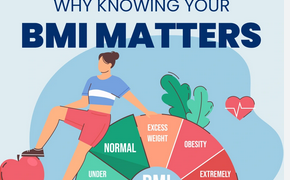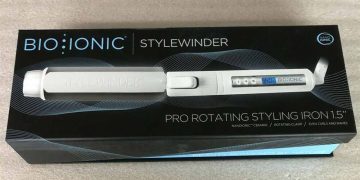It’s no secret that organizations in the transportation industry have to submit to drug and alcohol testing. The Departments of Transportation (DOT) and the Federal Motor Carrier Safety Administration (FMCSA) require this of all employers. If your business does not adhere to these requirements, then you could face hefty fines and even be prevented from operating.
Participation in a drug testing consortium is one of the requirements. Owner-operators of trucking companies from across the country are randomly selected and tested, and a certain percentage are required to be tested. Find out more about the DOT Consortium programs here.
Consortia have an important role to play
Regulations must be complied with by companies. Within twelve months after starting operations, new owner-operators must undergo a DOT-FMCSA safety audit. New entrants’ DOT-FMCSA drug and alcohol testing programs will be verified by regulators. In order to pass the safety audit, first-time owners must:
- There was no enrollment in the consortium program for random drug and alcohol testing for the new entrant.
- The company had no program for testing for drugs and alcohol.
- Random testing for drugs and alcohol did not exist.
- Despite being required to undergo a drug/alcohol test, their driver refused.
- In spite of being aware that their driver had a blood alcohol level of 0.04 or higher, they allowed him to operate.
- Despite getting a positive result for drugs, the driver was allowed to drive.
For owner-operators to comply with FMCSA regulations, they have to complete two steps. Before operating a commercial motor vehicle, a pre-employment drug test must be negative. As owner-operators are prohibited from managing random testing themselves, the second step is to join a random testing consortium.
Benefits of consortiums
Cost-effective
Economies of scale make it possible to lower costs when you join a consortium. As the number of drivers increases, the savings will become more significant. By joining forces, low-volume purchasers can purchase testing services at a reduced price. You won’t have to worry about multiple fees because it can combine services and merge bills.
Offers expert assistance
As drug and alcohol testing regulations are complex, a consortium can help owners determine the best course of action. An effective drug testing program can be difficult to create from scratch. Companies can implement existing drug testing programs with the assistance of professional consortium managers.
Reducing administrative duties
It can be challenging to comply with regulations. A large number of agencies are involved, there are employees to handle, a random pool to maintain, quality assurance, and records to keep. In a consortium, all the services are packaged together for the benefit of owners and employers. With it, you do not have to do the administrative tasks for drug testing as it handles them for you.
In addition to complying with DOT and FMCSA regulations, a drug testing consortium can also help you save money, time, and effort. Drug Screen Compliance offers reliable drug tests in Texas and can help you with any testing needs.



































Discussion about this post